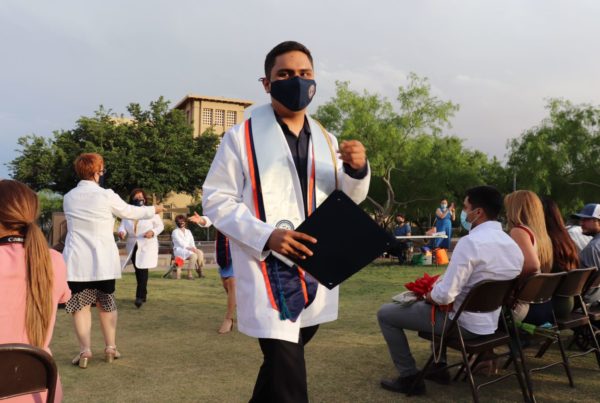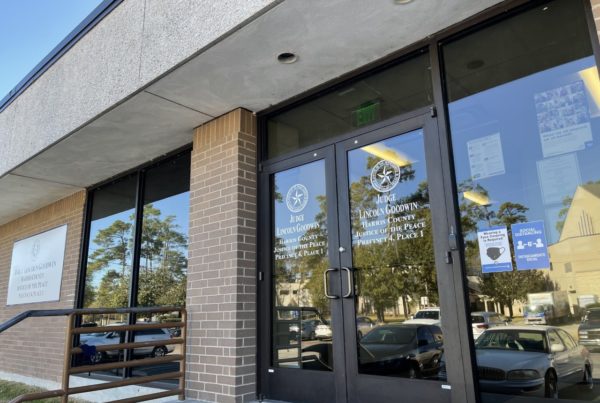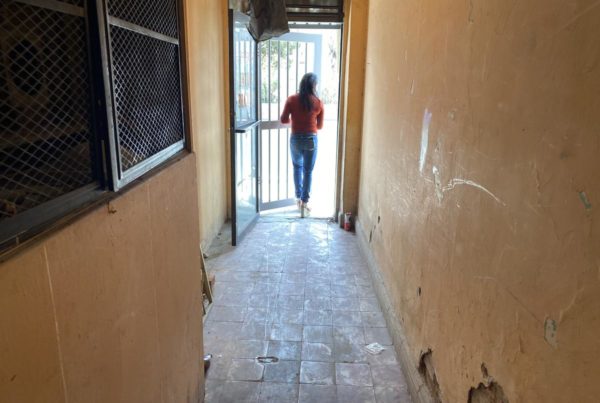Less than two weeks remain in the regular legislative session – a session that has gone very differently than many observers thought it would in its early months.
Lawmakers were expected to take on the pandemic, police reform, an anticipated budget shortfall and the aftermath of February’s winter storm. But many bills that have been working their way through both chambers focus instead on conservative priorities such as restricting abortion access, expanding gun rights and changes to election law. Many items remain on the agendas of the House and Senate, awaiting votes, conference committee agreements or possible rejection. And time is short.
Two reporters covering the Legislature joined Texas Standard to talk about what’s happened this session, and what’s still possible before it ends on May 27. Allie Morris is a statehouse reporter for The Dallas Morning News. She says bills that would allow most adults to carry a handgun openly without a permit, and the so-called election integrity bill, are bogged down because of disagreements between the House and Senate over what should be in them.
In response to the pandemic, lawmakers have focused on the executive orders issued by Gov. Greg Abbott that created restrictions on businesses and mandated mask-wearing. They want to limit the governor’s power to issue such orders, giving the Legislature a role.
Jeremy Wallace is a political reporter for the Houston Chronicle. He says both the House and Senate have passed versions of a state budget, but there’s some $4 billion separating the two proposals.
“That is the one thing that they have to do,” Wallace said. “But of course, a lot of the legislation that you have in transit still, requires a budgetary response.”
That includes the winter storm response bill, which would provide state funding for winterizing power plants.
Wallace says passing bills that have budget impacts means coordinating those efforts with budget writers. And that’s why the budget is usually among the last bills passed during the biennial legislative session.
“You just can’t pass bills that have a fiscal impact on the state without it also being considered in the two-year budget that we run here in Texas,” Wallace said.
Conservative priorities
Morris says the social issues being pushed by conservatives were given a boost by Democrats’ failure to score victories in the 2020 election. Republicans held onto the statehouse and have aggressively pushed their priorities, even as the governor’s list of must-pass legislation, though conservative, was focused much more on state infrastructure and operations.
“We are seeing a pretty restrictive abortion bill is already on its way to the governor’s desk,” Morris said.
On the other end of the political spectrum, many Democrats and public health advocates had hoped the pandemic, and Texas’ continued ranking as home to the largest number of uninsured residents in the nation, would spur the Legislature to expand Medicaid, as allowed under the terms of the Affordable Care Act. But Morris says the bill that would authorize the expansion is unlikely to pass.
“We even saw some Republicans, which was unusual, come on and back this Democratically-led effort to expand health coverage, but that bill has yet to get a hearing, so I think we’re pretty much expecting that to be dead, moving forward” she said.
Wallace says most of the ambitious police reform measures pushed in the wake of George Floyd’s killing by a Minneapolis police officer are also unlikely to pass in Texas.














